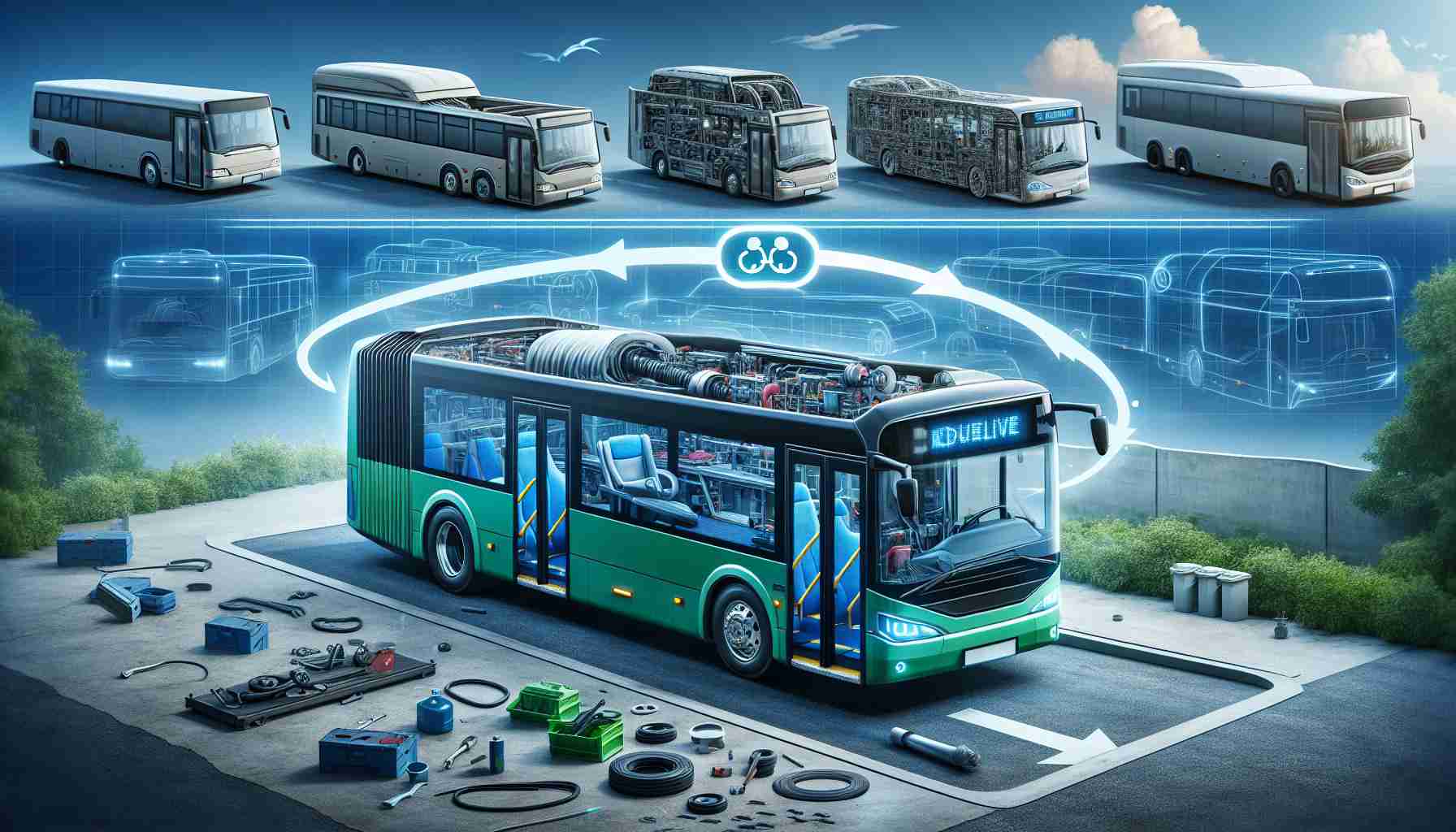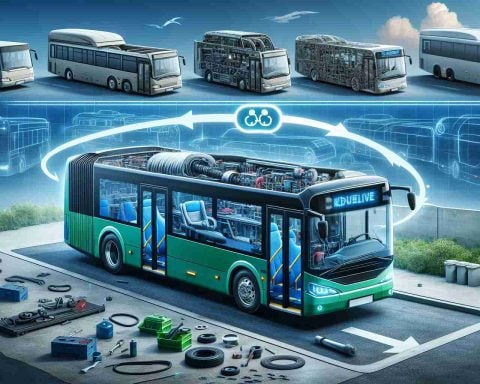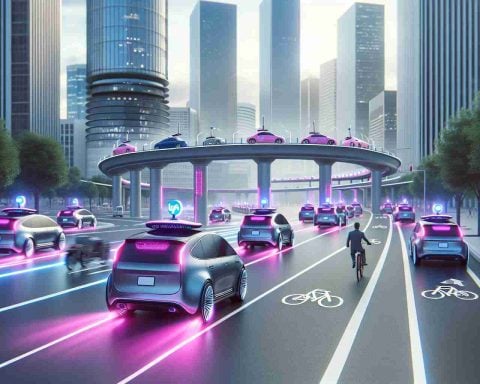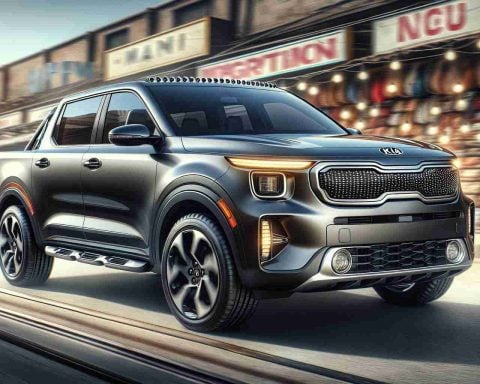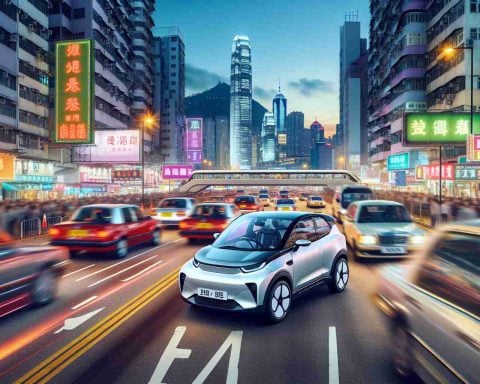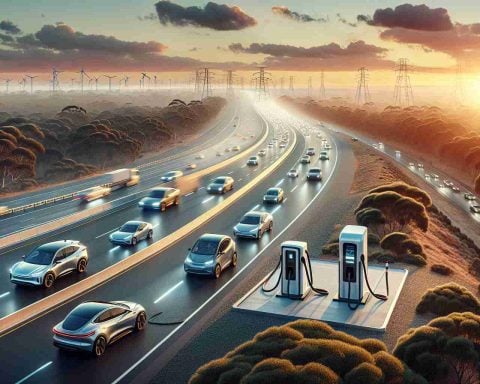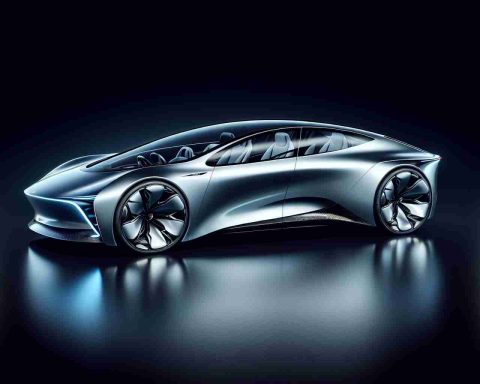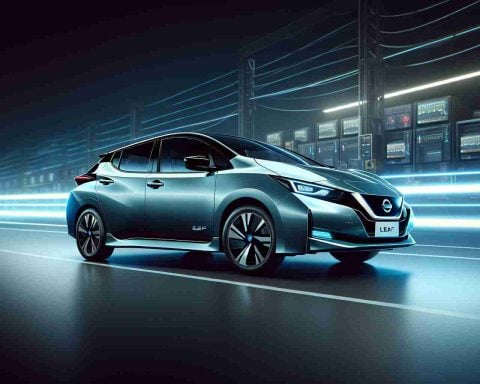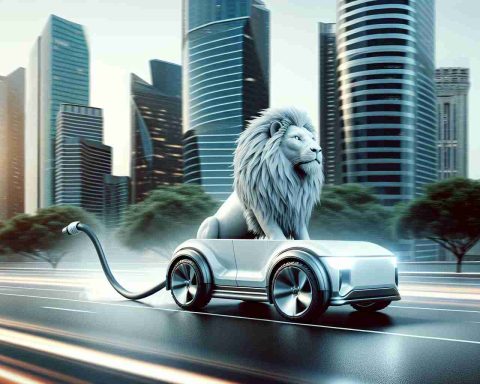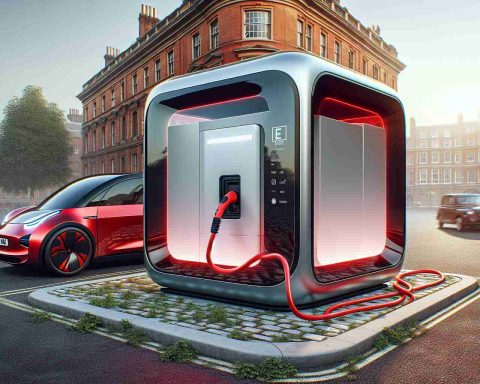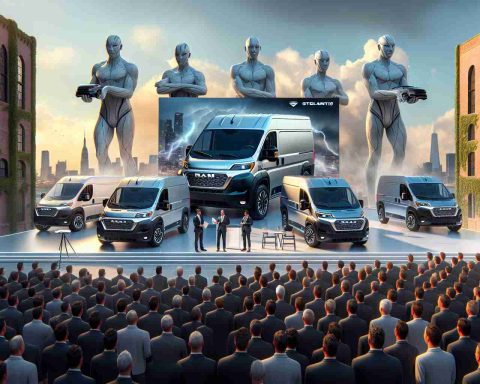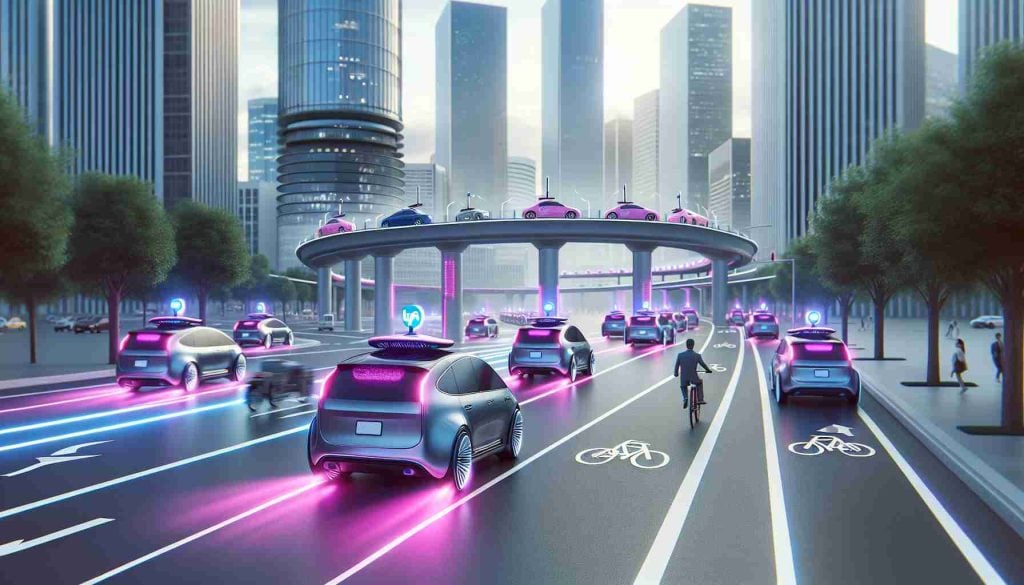- KleanDrive’s electric bus repower package converts traditional buses into electric vehicles, enhancing public transportation.
- The system features a “plug and play” driveline with 352kWh of energy storage, offering a 195-mile range.
- The use of Lithium Iron Phosphate (LFP) chemistry from CATL ensures high efficiency and performance.
- KleanDrive’s adaptable and modular design allows for easy installation, replacing diesel engines efficiently.
- The repower package provides significant savings, around £300,000 per vehicle, compared to purchasing new electric buses.
- Proprietary software facilitates the seamless integration and maintenance of the new powertrain.
- Industry support and multiple orders highlight the transformative impact on urban mobility.
- The technology signifies a shift towards cleaner, more efficient public transport.
Imagine a future where buses glide through cities effortlessly, emitting nothing but the hum of progress. KleanDrive turns this vision into reality with its groundbreaking electric bus repower package. This cutting-edge system promises to redefine public transportation by converting traditional buses into sleek electric machines, offering sector-leading performance and running costs.
At the heart of KleanDrive’s innovation lies a “plug and play” driveline boasting a whopping 352kWh of energy storage. It translates to an impressive 195-mile range, far exceeding typical expectations. KleanDrive harnesses Lithium Iron Phosphate (LFP) chemistry from renowned battery powerhouse CATL, delivering efficiency few competitors can match.
This transformational journey isn’t just about technology. The beauty of KleanDrive’s system lies in its adaptability. The drivetrain, mounted within a sophisticated framework and skid system, can be swiftly installed—right where the diesel engine once roared—ensuring seamless integration into existing fleets. By opting for a scalable, modular design, KleanDrive has perfected an installation process that’s not only fast but also immensely cost-effective. In fact, it boasts savings of around £300,000 per vehicle compared to buying a new electric bus.
KleanDrive’s brainchild is engineered for ease. In collaboration with depot engineers, the powertrain becomes a beacon of efficiency, allowing for straightforward maintenance post-conversion. Their proprietary software deftly manages the interaction between old and new, maximizing performance and reliability.
With industry giants like FirstGroup financially backing KleanDrive, it’s no surprise their technology is already making waves, securing multiple orders, and driving a new era of public transport. The takeaway: Innovations like KleanDrive’s pave the way for a cleaner, resourceful, and exhilarating transport network. The future of urban mobility is here—and it’s electric.
Discover How KleanDrive Is Electrifying the Future of Public Transport!
The Shift Towards Electric Buses: Implications for Society
KleanDrive’s electric bus repower package represents a significant leap forward in urban mobility by offering a sustainable alternative to traditional diesel engines. But what does this mean for society, the environment, and technological advancement?
Environmental Impact
The shift to electric buses, like those equipped with KleanDrive’s system, dramatically reduces greenhouse gas emissions. According to the International Energy Agency (IEA), transportation is responsible for over 24% of global CO2 emissions. Transitioning fleets to electric reduces these emissions drastically, improving air quality, especially in densely populated urban areas.
Electric vehicles (EVs) are integral in reducing reliance on fossil fuels. Initiatives like KleanDrive help mitigate climate change, which holds significant implications for reducing weather-related disasters and improving public health.
Economic Advantages
KleanDrive’s cost-effective repower package, which saves approximately £300,000 per vehicle, has pronounced financial incentives. These savings enable transit agencies to allocate resources more efficiently, potentially expanding services or investing in newer technologies. The reduction in fuel and maintenance costs further amplifies economic benefits.
Battery Technology and Its Impact
KleanDrive utilizes Lithium Iron Phosphate (LFP) battery technology by CATL, known for its safety, long cycle life, and stability. LFP batteries are less prone to overheating and do not rely on cobalt, which addresses ethical concerns regarding cobalt mining.
The advancement in battery technology not only influences the transport sector but also sets precedence for other industries transitioning to electric solutions, potentially spurring further renewable energy integration worldwide.
Global Scale and Policy Influence
Countries are increasingly enacting policies that favor or mandate the use of electric public transportation. For example, the EU has several initiatives aiming for emissions reduction by 2030, and KleanDrive’s model perfectly aligns with these objectives.
By proving the feasibility and benefits of electric bus conversions, innovations like KleanDrive can set standards prompting broader legislation for cleaner public transport globally.
Key Questions and Their Implications
– How sustainable is the production and disposal of LFP batteries? Current research shows that LFP batteries are more sustainable compared to other lithium-ion batteries due to their lower environmental footprint and absence of heavy metals like cobalt.
– Will retrofitting become the norm over purchasing new electric buses? Retrofitting offers significant economic and environmental advantages, leading many cities to adopt it as an interim solution before completely overhauling fleets.
– What are the broader implications for urban planning and energy systems? Enhanced energy efficiency and decreased pollution from electric buses can lead to more inclusive urban planning focused on reducing vehicle congestion and prioritizing pedestrian spaces.
Conclusion
KleanDrive is not just transforming public transport, it’s reshaping how we think about urban mobility and sustainable development. The positive environmental impacts, cost savings, and technological advancements signify a promising future for cities and communities globally.
For further information on electric vehicle advances and policy discussions:
International Energy Agency
